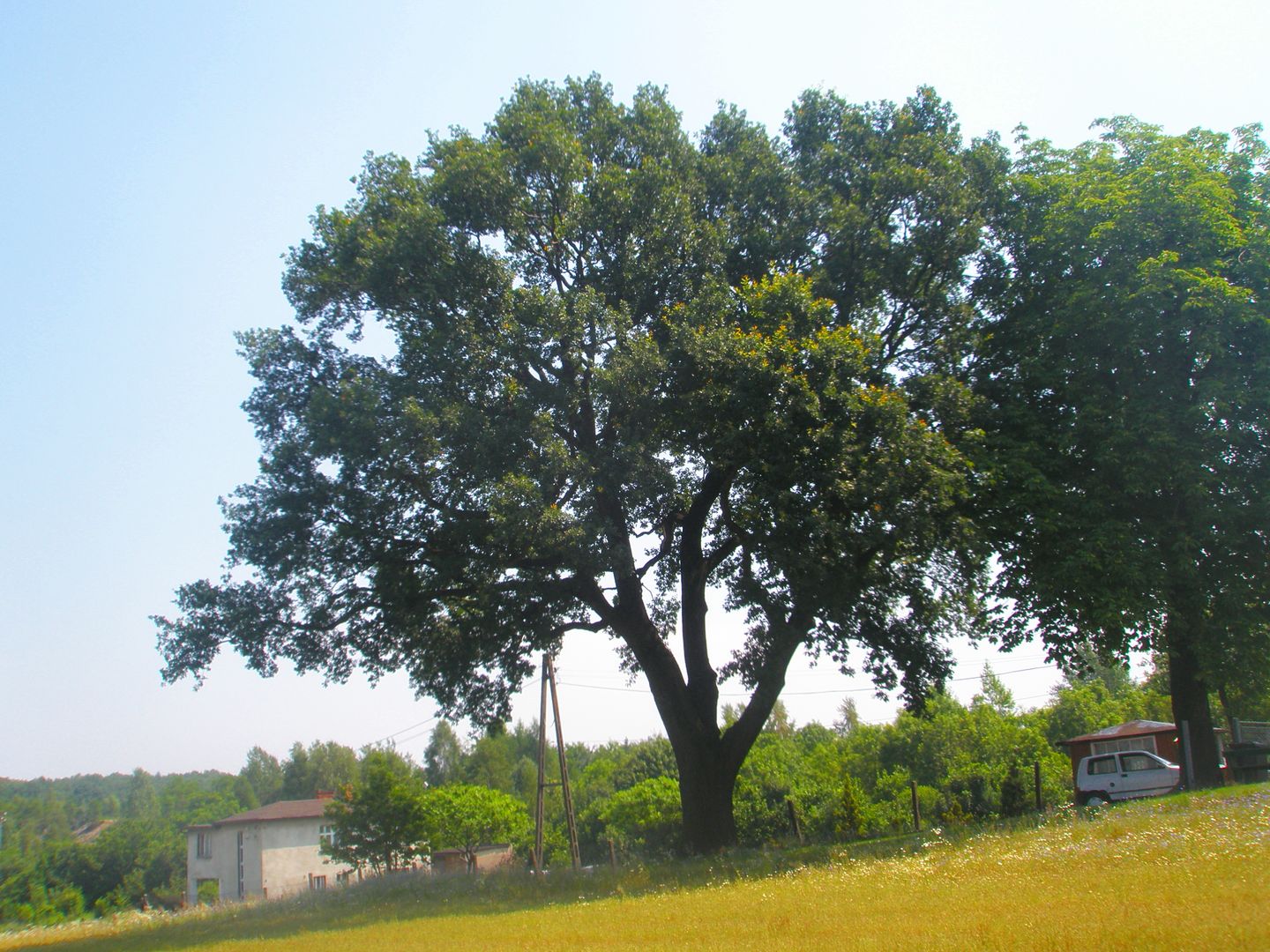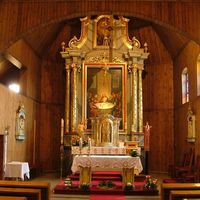Jankowice
6

Overview
Jankowice, known as Jankowice Rybnickie, is a village with a rich history dating back to the Middle Ages. The settlement was founded by knights of Bolesław Chrobry, Janek and Michał, and was first mentioned in documents in 1223. In 1670, Count Ferdynand Leopold Oppersdorf built a church, and on January 25, 1897, Jankowice gained parish status. In the 20th century, the village witnessed significant events such as the Upper Silesia plebiscite and the Silesian Uprisings. During World War II, a labor camp for former Nazis was organized here.
Located on the Rybnik Plateau, Jankowice is characterized by diverse terrain, earning it the nickname "Jankowicka Szwajcaria" (Jankowice Switzerland). The region is home to two natural monuments – the pedunculate oaks "Jan" and "Michał." The village also boasts historical landmarks, such as the wooden Sanctuary of the Blessed Sacrament, which is part of the Wooden Architecture Trail in the Silesian Voivodeship. A notable curiosity is the well with a chapel, the site of legendary events from 1430, where Father Walenty died.
Jankowice is also active in tourism, offering numerous cycling routes. In 2003, a school complex was built in the village, which participates in international educational programs. Jankowice is an important point on the map of Upper Silesia, combining rich history, nature, and modernity.
Location
You can also find here:
2026 Wizytor | All Rights Reserved
